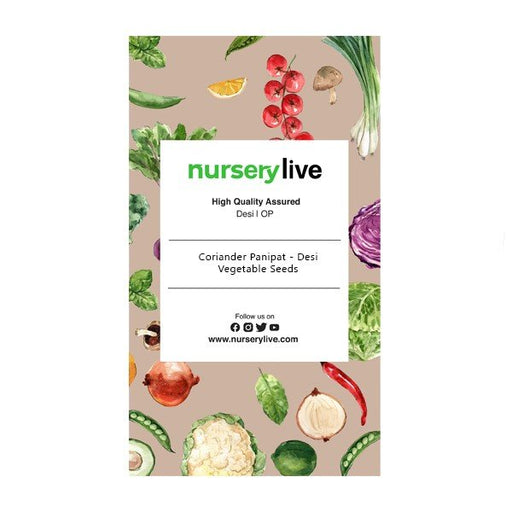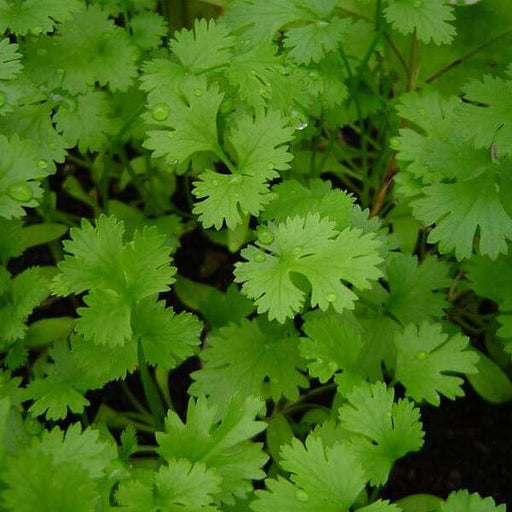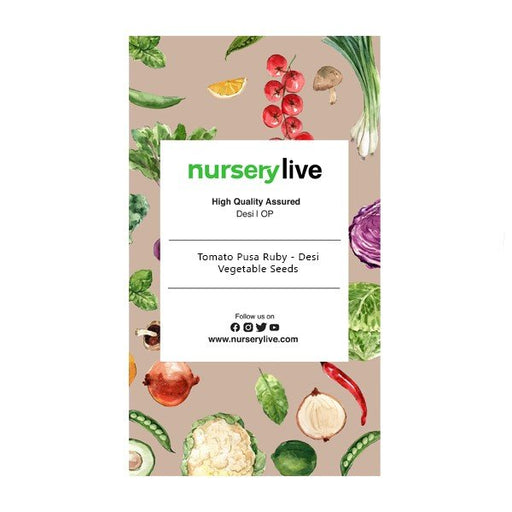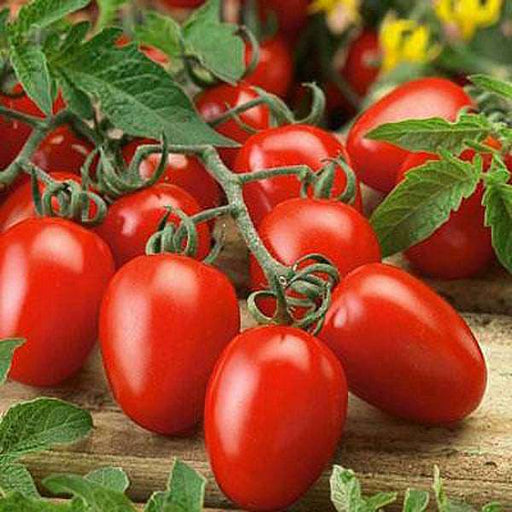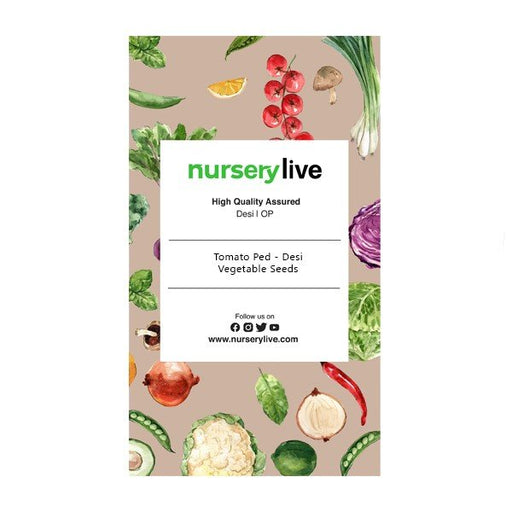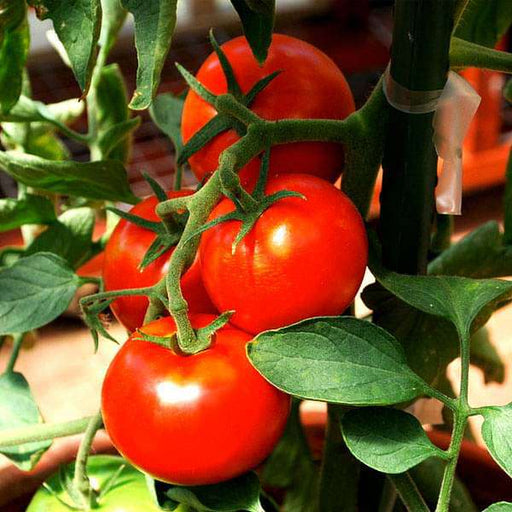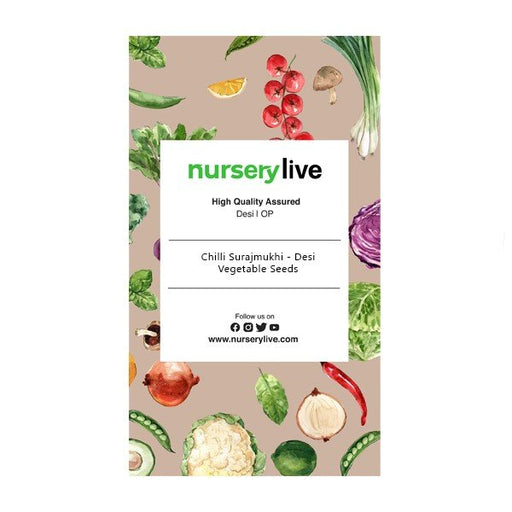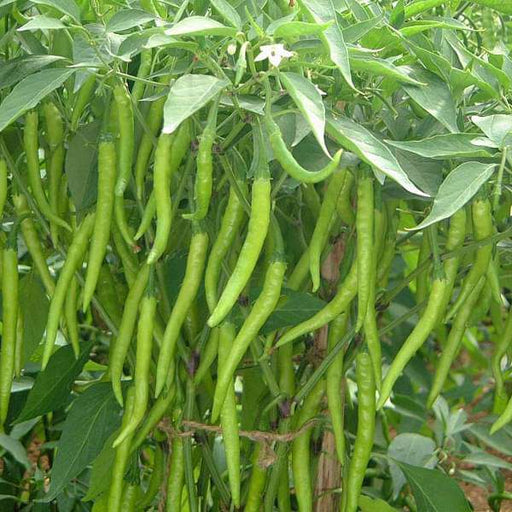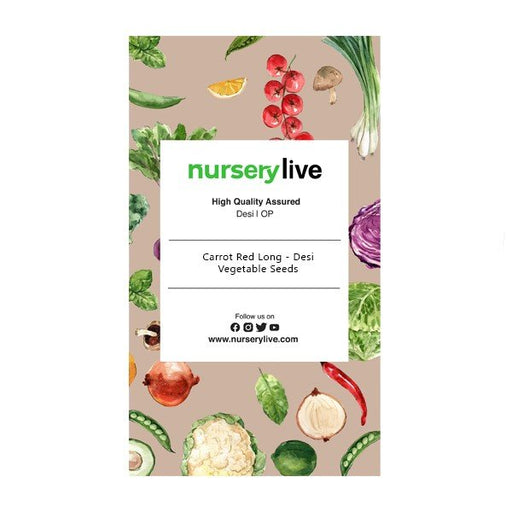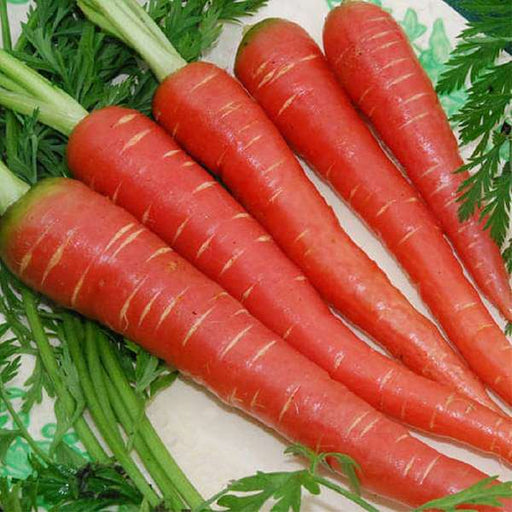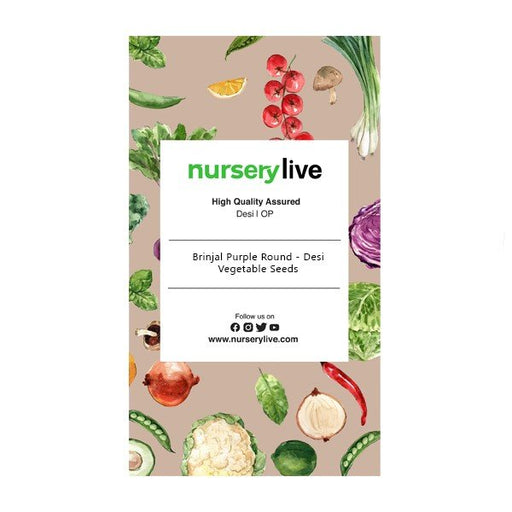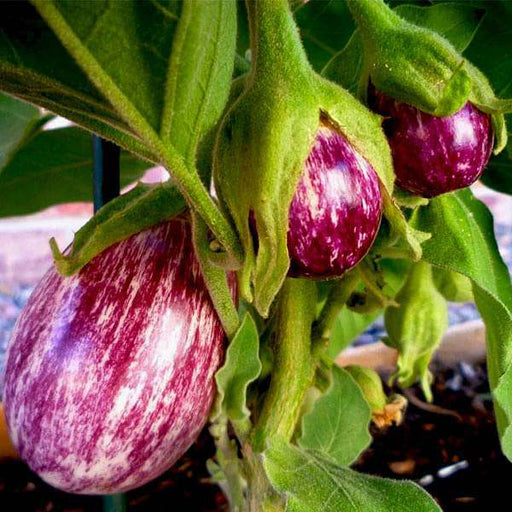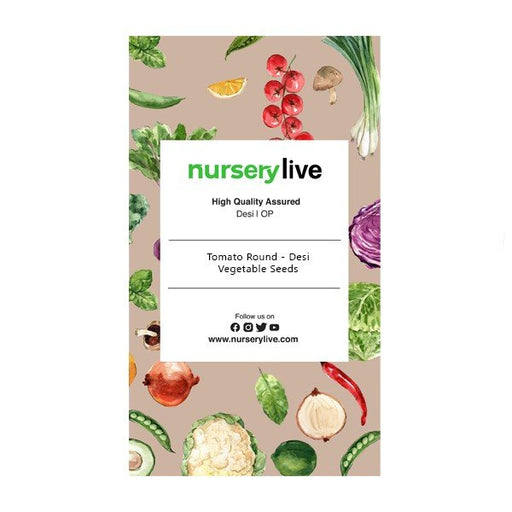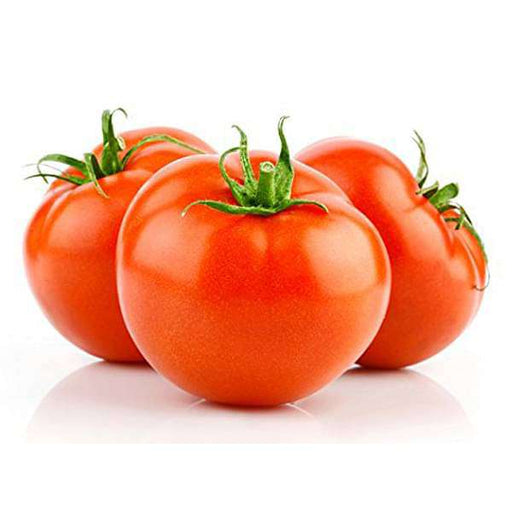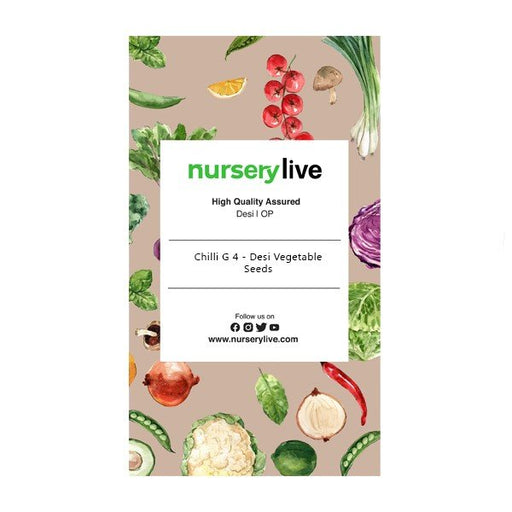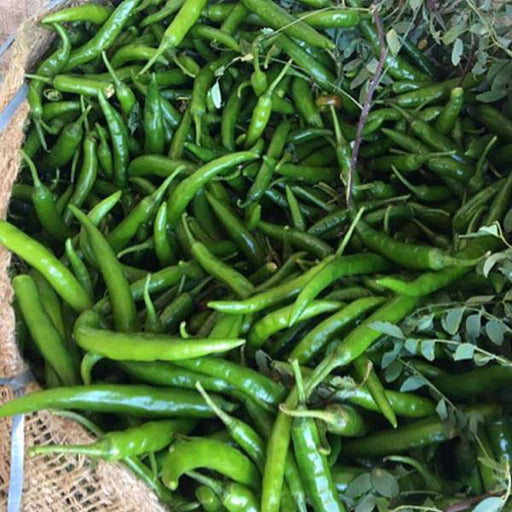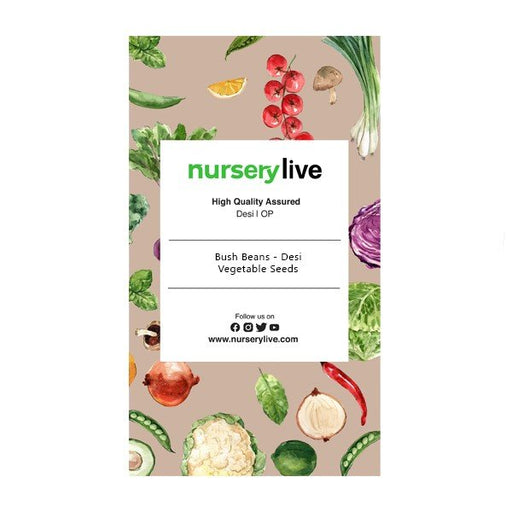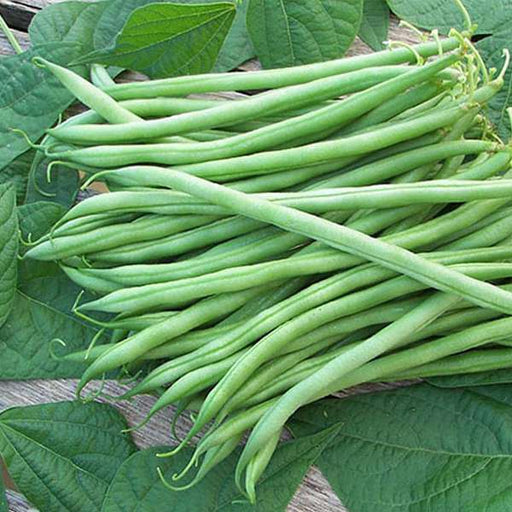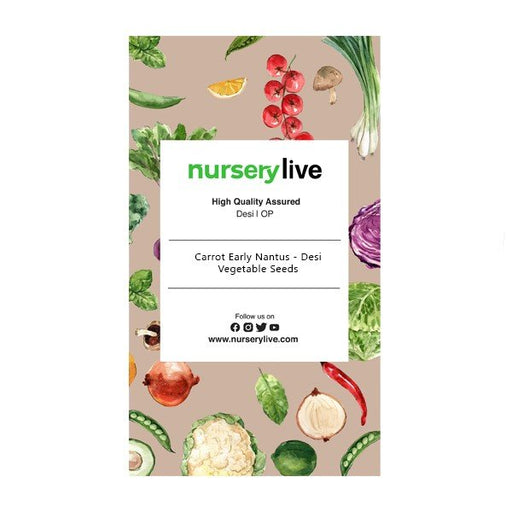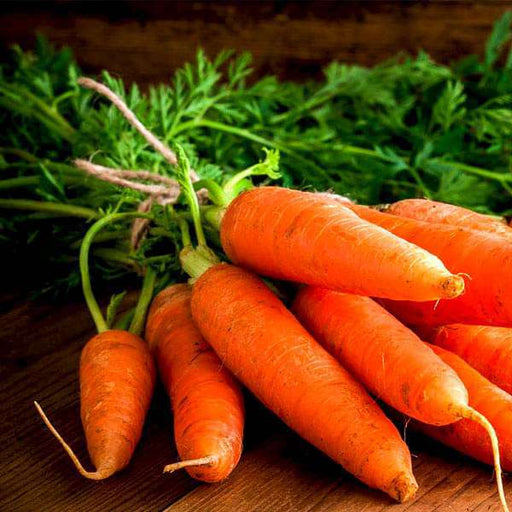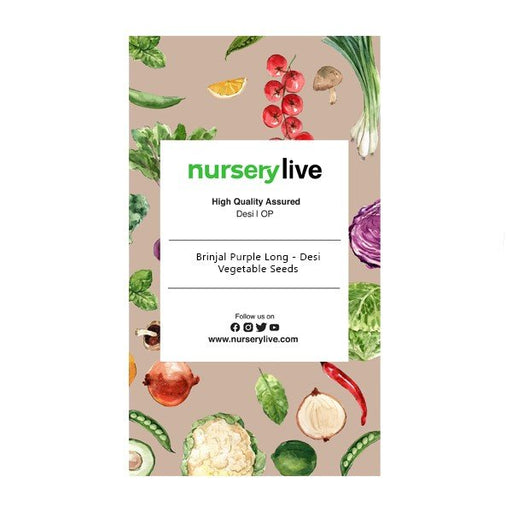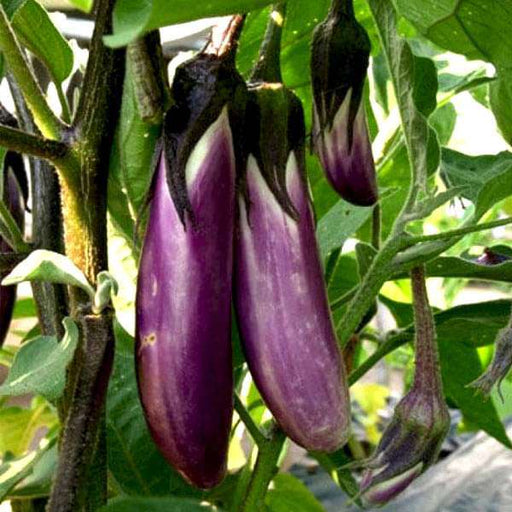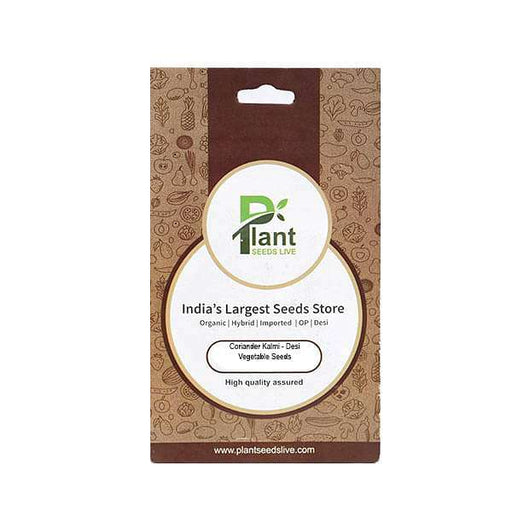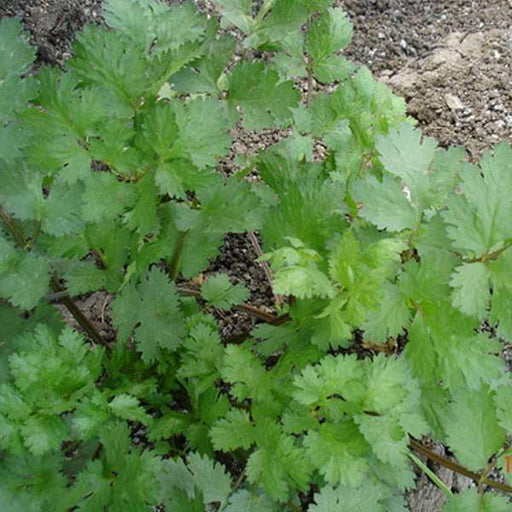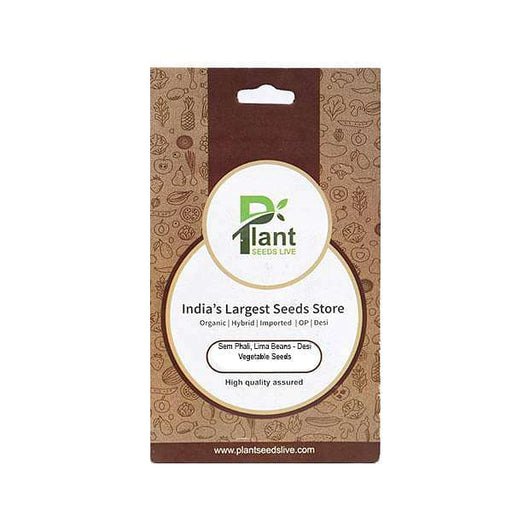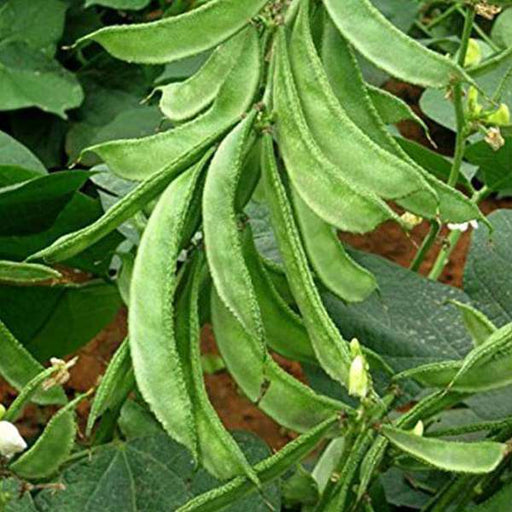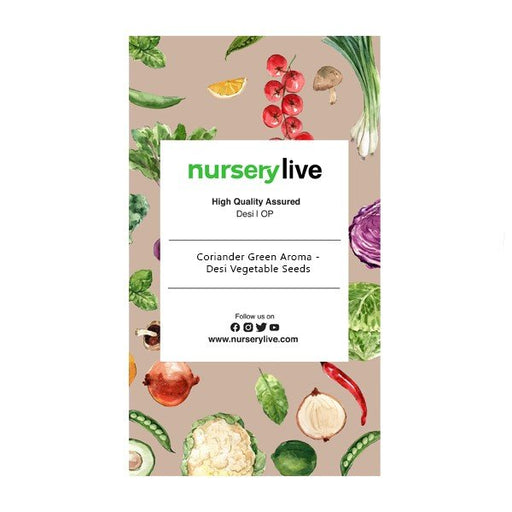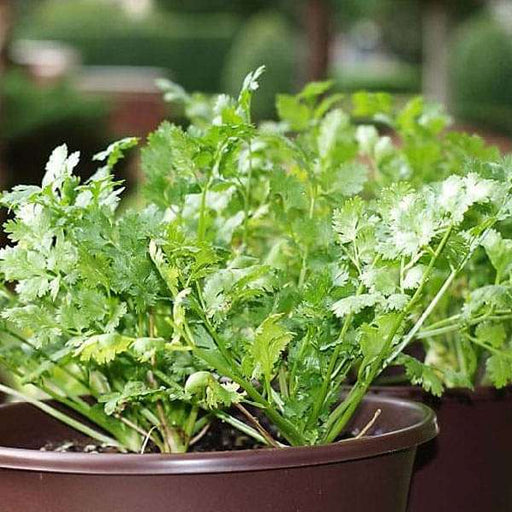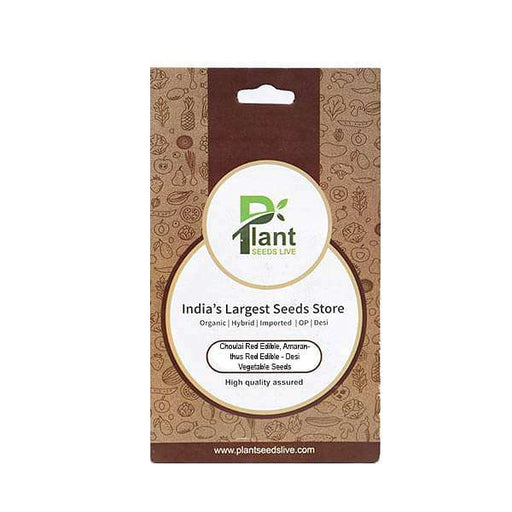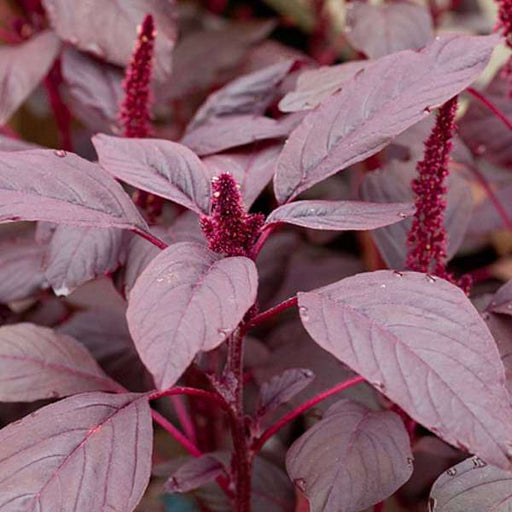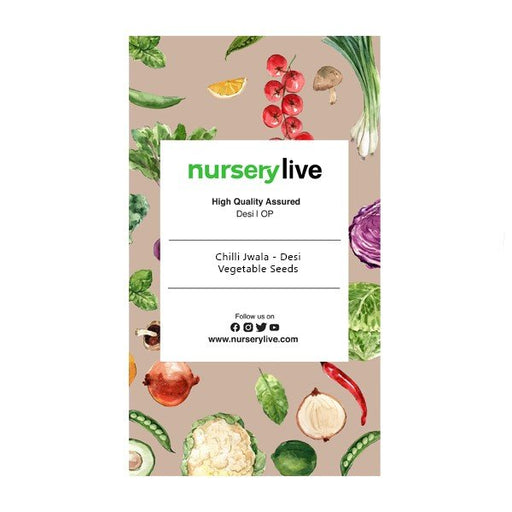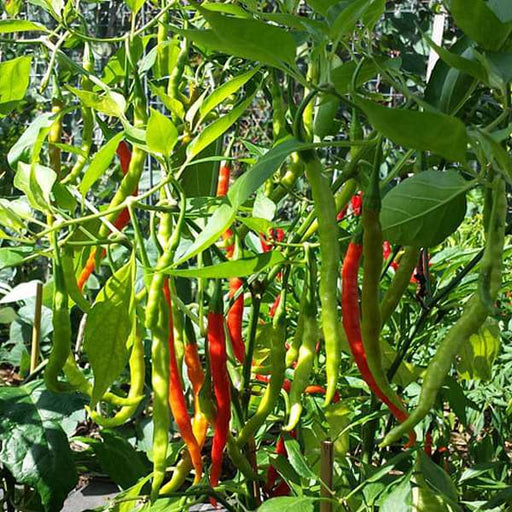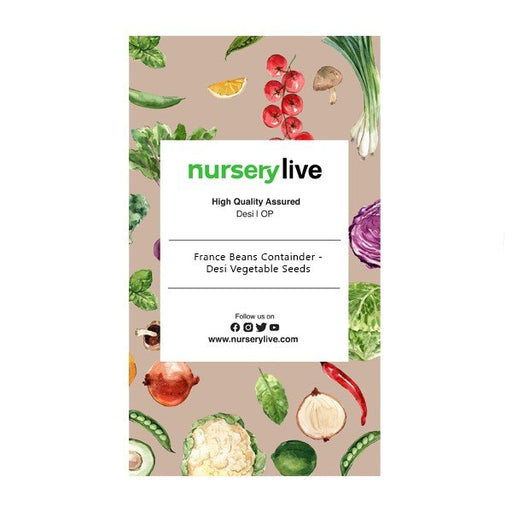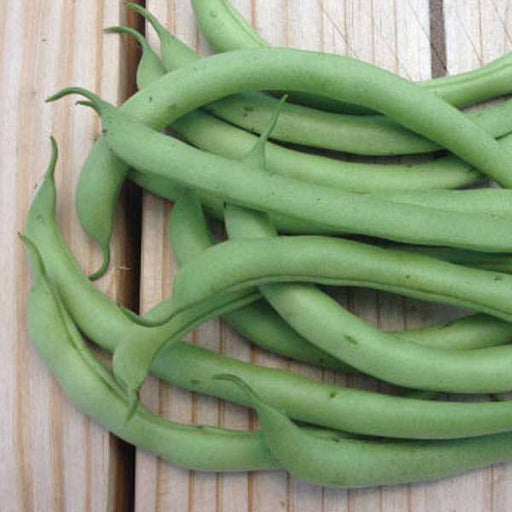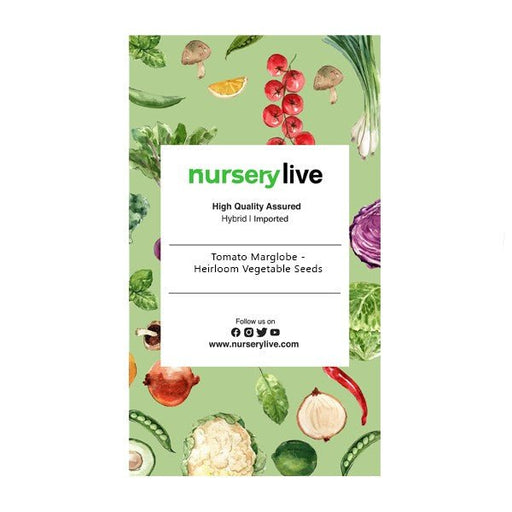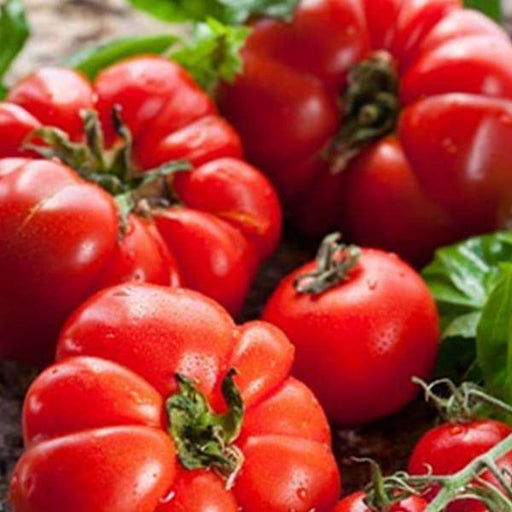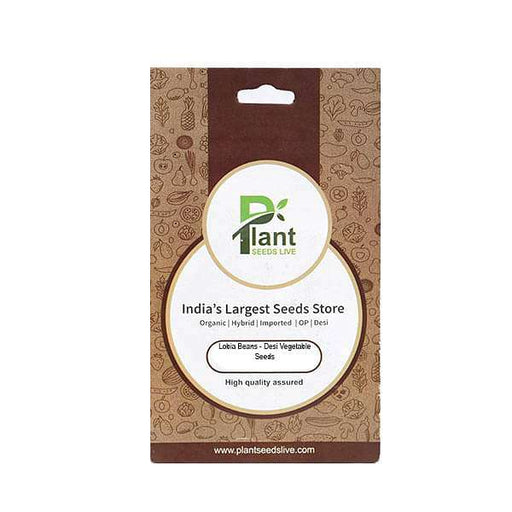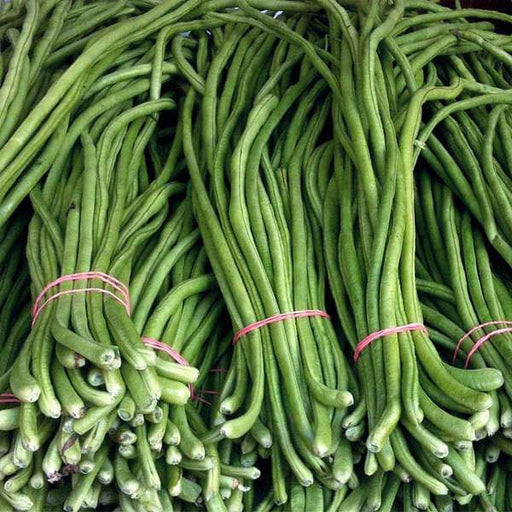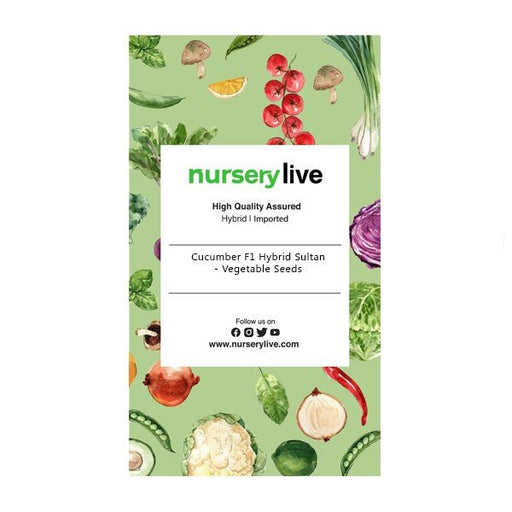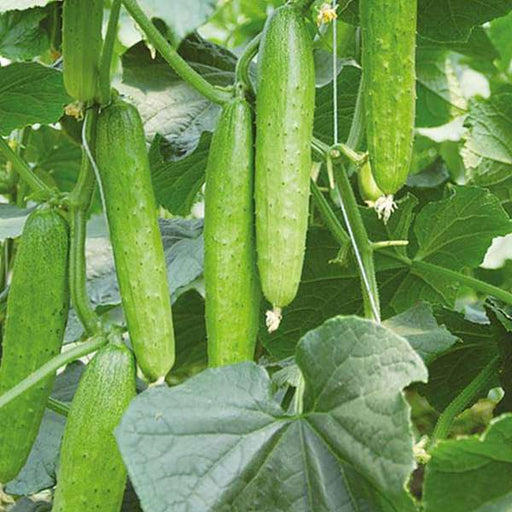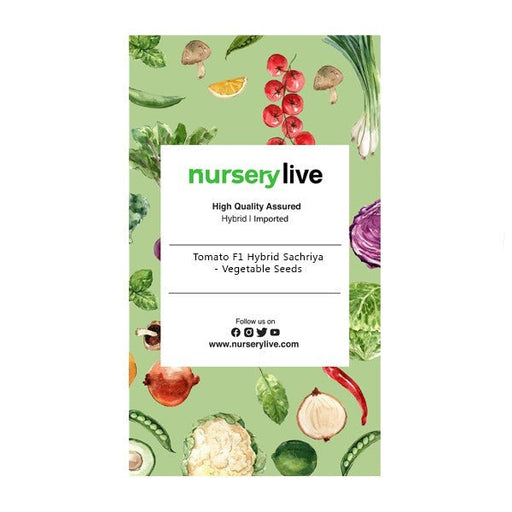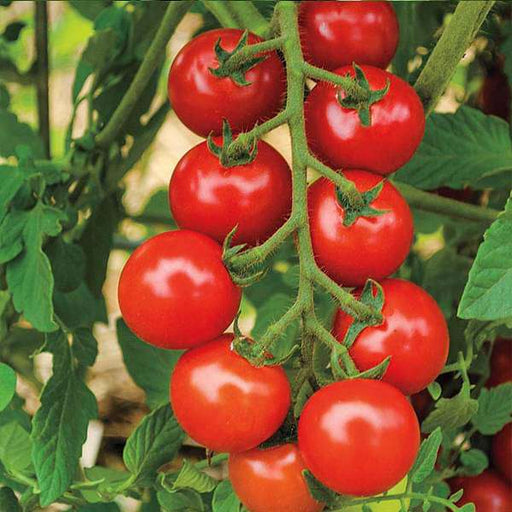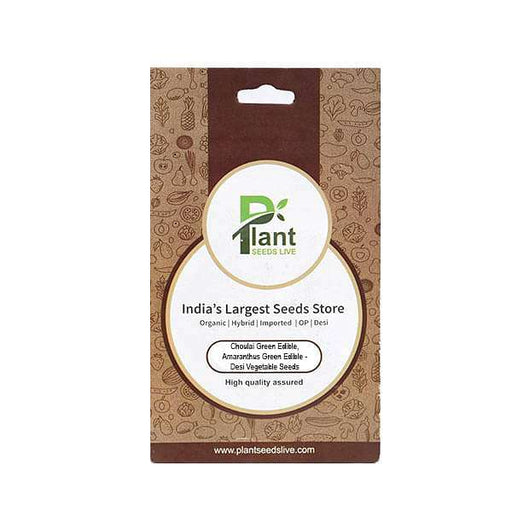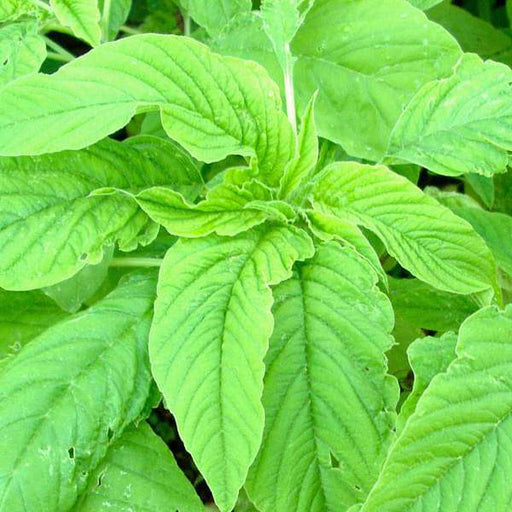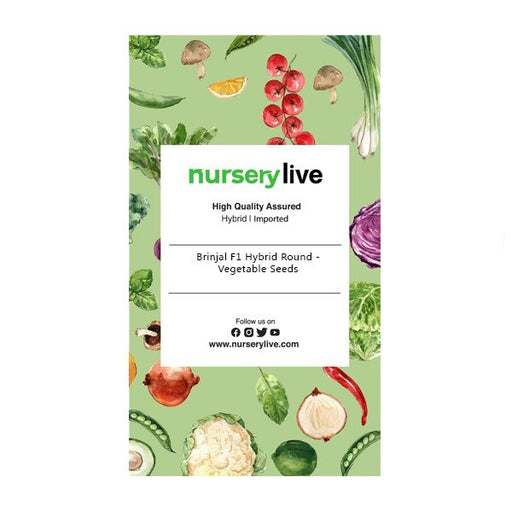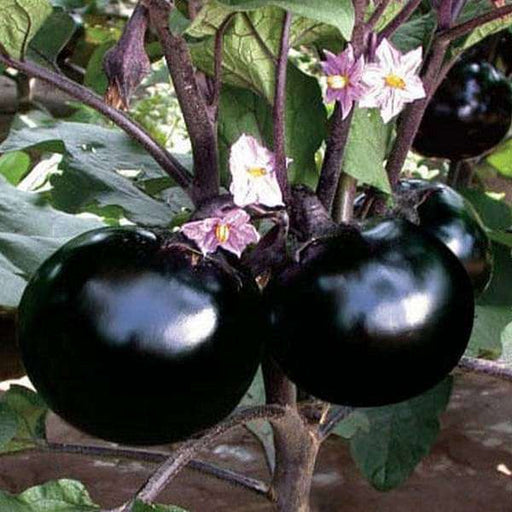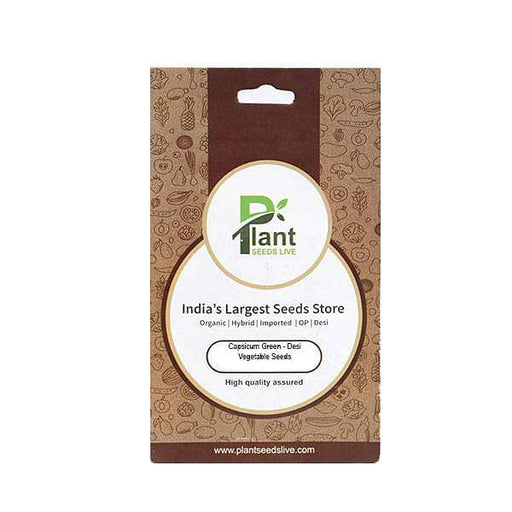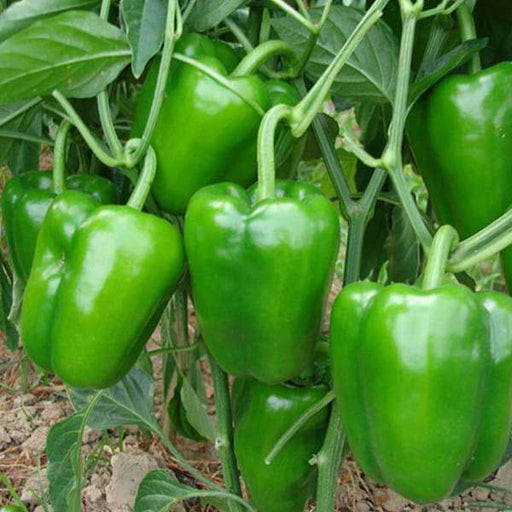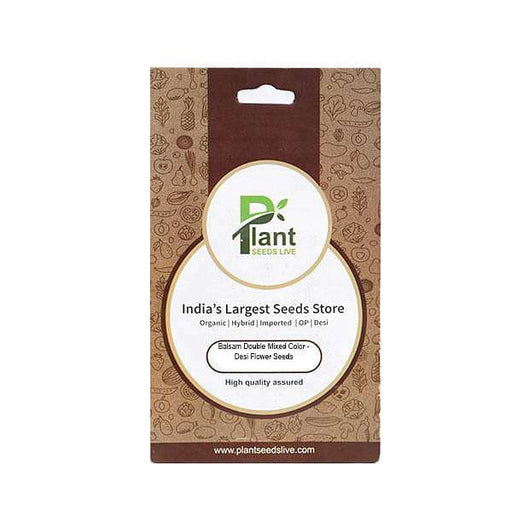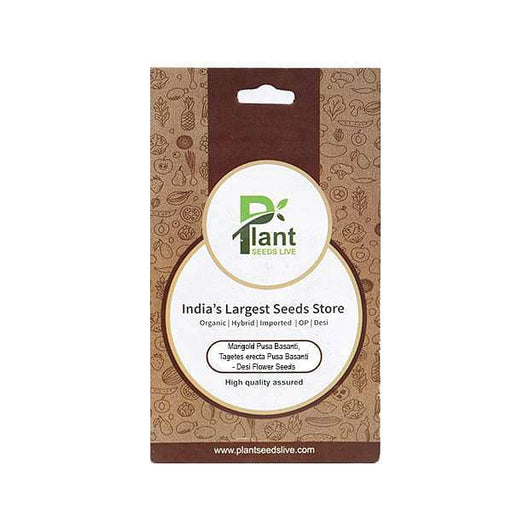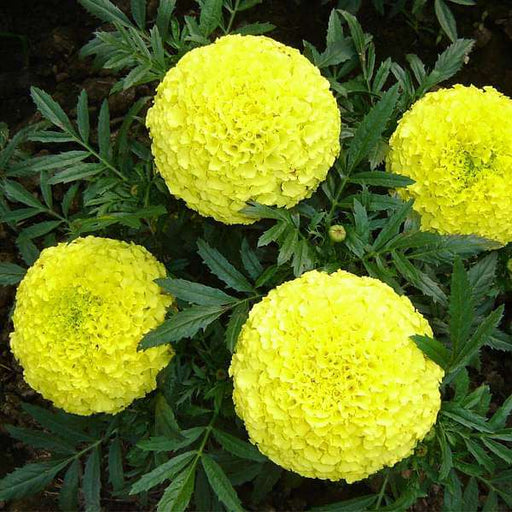Winter Vegetable Seeds
When the temperature drops, you might think your vegetable garden has to go into hibernation. But with the right seeds, you can keep your garden growing all winter long! Winter vegetable seeds are specially designed to thrive in colder temperatures, so you can enjoy fresh produce even when there's snow on the ground.
Summer Vegetable Seeds
Summer is the season of sunshine, warmth, and fresh fruits and vegetables. If you want to make the most of the summer growing season, you need the right seeds! Summer vegetable seeds are bred to thrive in hot weather, producing bountiful harvests of delicious produce.
Fall Vegetable Seeds
As the leaves begin to turn and the days get shorter, it's time to start thinking about planting your fall vegetable garden. Fall vegetable seeds are specially designed to grow well in cooler temperatures, producing hardy, delicious crops that can withstand the first frosts of the season.
Spring Vegetable Seeds
After a long, cold winter, nothing feels more invigorating than the fresh new growth of spring. If you're ready to start your garden for the year, spring vegetable seeds are the way to go. These seeds are designed to sprout quickly and grow vigorously in the mild temperatures of spring.
Organic Vegetable Seeds
If you're passionate about sustainability and healthy eating, you'll want to choose organic vegetable seeds for your garden. These seeds are grown without the use of synthetic pesticides or fertilizers, ensuring that your food is free from harmful chemicals and good for both you and the environment.
Heirloom Vegetable Seeds
For gardeners who love tradition and history, heirloom vegetable seeds are a must. These seeds have been passed down through generations of gardeners, producing delicious, unique fruits and vegetables that you won't find in any grocery store.
Open-Pollinated Vegetable Seeds
Open-pollinated vegetable seeds are seeds that have been naturally pollinated by wind, insects, or other natural means. These seeds produce plants that are genetically diverse and adaptable, making them a great choice for gardeners who want to experiment with different growing conditions.
Hybrid Vegetable Seeds
Hybrid vegetable seeds are the result of cross-breeding two different varieties of plants to create a new, hybrid plant. These seeds are often bred for specific traits like disease resistance or high yields, making them a popular choice for commercial growers.
Non-GMO Vegetable Seeds
If you're concerned about genetically modified organisms (GMOs), you'll want to choose non-GMO vegetable seeds for your garden. These seeds are free from genetic modification, ensuring that your food is safe and natural.
Container Vegetable Seeds
If you don't have space for a full-size garden, container gardening is a great option. Container vegetable seeds are specially designed to grow well in pots, planters, and other small spaces, so you can enjoy fresh produce even if you live in an apartment or have limited outdoor space.
Raised Bed Vegetable Seeds
Raised bed gardening is a popular way to grow vegetables, especially if you have poor soil or want to reduce the strain on your back and knees. Raised bed vegetable seeds are specially designed to grow well in the nutrient-rich soil of raised beds, producing healthy, robust plants.
Root Vegetable Seeds
Root vegetables like carrots, beets, and potatoes are an essential part of any vegetable garden. Root vegetable seeds are designed to produce strong, healthy root systems that yield bountiful harvests of delicious, nutrient-rich vegetables.
Leaf Vegetable Seeds
Leafy greens like lettuce, spinach, and kale are packed with vitamins and minerals, making them a healthy addition to any diet. Leaf vegetable seeds are designed to grow into lush, leafy plants that provide a steady supply of fresh greens throughout the growing season.
Fruit Vegetable Seeds
Did you know that some vegetables are actually considered fruits? Tomatoes, cucumbers, and peppers are all examples of fruit vegetables, and they're a delicious and nutritious addition to any garden. Fruit vegetable seeds are designed to produce large, juicy fruits that are bursting with flavor.
Microgreen Seeds
Microgreens are tiny, nutrient-packed seedlings that are harvested when they're just a few inches tall. These tasty greens can be used in salads, sandwiches, and other dishes, and they're easy to grow at home with the right seeds. Microgreen seeds are designed to produce quick-growing, flavorful sprouts that are perfect for snacking or garnishing.
Herb Seeds
Herbs are a must-have in any kitchen, adding flavor and depth to all kinds of dishes. Herb seeds are designed to produce fragrant, flavorful plants that can be grown indoors or outdoors, so you can have fresh herbs at your fingertips all year long.
Salad Vegetable Seeds
If you love fresh salads, you'll want to plant salad vegetable seeds in your garden. These seeds are designed to produce a variety of crisp, colorful vegetables that are perfect for salads, including lettuce, radishes, cucumbers, and more.
Easy-to-Grow Vegetable Seeds
If you're new to gardening or just looking for low-maintenance plants, easy-to-grow vegetable seeds are a great choice. These seeds are designed to produce hardy, resilient plants that don't require a lot of care or attention, making them perfect for beginners or busy gardeners.
Fast-Growing Vegetable Seeds
If you're eager to see results quickly, fast-growing vegetable seeds are the way to go. These seeds are designed to sprout and grow quickly, producing healthy plants and delicious produce in record time.
Unusual Vegetable Seeds
For gardeners who love to experiment and try new things, unusual vegetable seeds are a must. These seeds produce unique, offbeat plants and vegetables that you won't find in any grocery store, making them a fun and adventurous addition to any garden.


